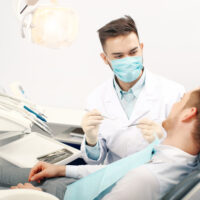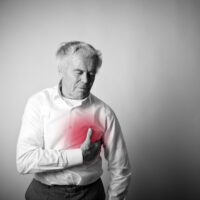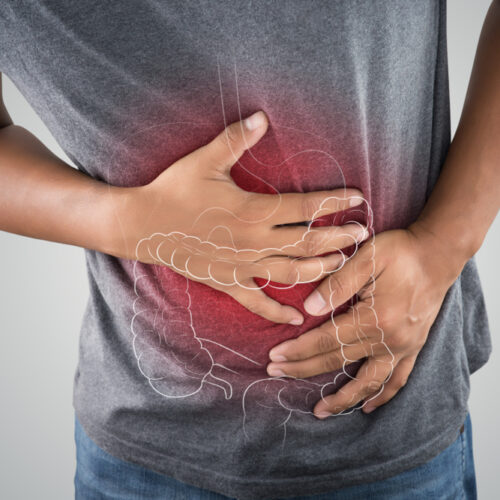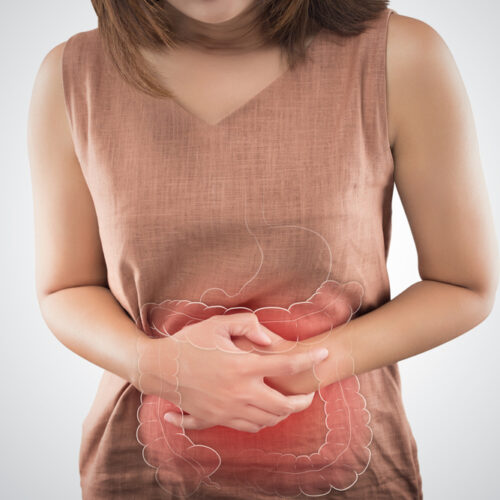Early Symptoms of Clostridium Difficile Colitis
C. difficile infection or Clostridium difficile colitis develops in an individual due to disturbance of the colonic gut microflora. It leads to the secretion of toxins which induces gut inflammation and cause widespread damage to the intestinal mucosa. One of the main causes of C. difficile colitis is the alteration of gut microflora by antibiotics.
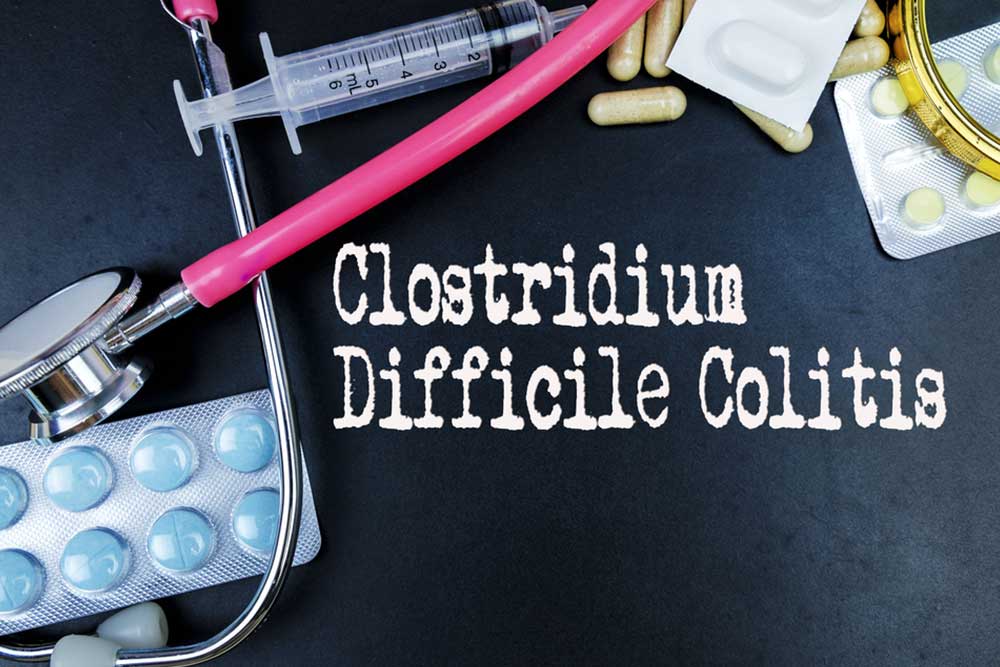
Facts about C. difficile infections
- It has been estimated that 3 percent of adults and 66 percent of infants harbor C. difficile in the intestine.
- Each year, a half million people in the country fall sick due to C. difficile infections.
Risk factors
The risk factors for Clostridium difficile colitis are as follows:
- Prolonged use of antibiotics
- Lengthy hospital stays
- Use of broad-spectrum antibiotics which kill several types of beneficial colonic bacteria
- Old age
- Intestinal surgery
- Intestinal disorders such as inflammatory bowel disease or colon cancer
- Weak immunity
Symptoms of Clostridium difficile colitis
The symptoms of Clostridium difficile colitis generally develop within 5-10 days after the start of antibiotic treatments. However, in a few individuals, the symptoms can develop immediately or after a few months. The symptoms vary depending on the severity of the condition.
Mild colitis
In cases of mild infections, an affected person suffers from watery diarrhea with a frequency of more than three times a day. This condition lasts for two days or more. An individual may also feel mild cramps in the abdomen.
Severe colitis
Severe colitis results in dehydration which may require immediate hospitalization. Severe colitis causes inflammation in the colon, bleeding, and pus formation. The symptoms of Clostridium difficile colitis in such cases are:
- Diarrheal frequency reaching to 10-15 times a day
- Severe pain and swelling in the abdomen
- Nausea, fever, and loss of appetite
- Severe dehydration and weight loss
- Increase in the white blood cell count
- Raised heartbeat
- Presence of pus or blood in the stool
- Kidney damage
Clostridium difficile colitis spreads through poor hygiene and continuous use of antibiotics which causes an imbalance in the gut’s microbiota. An affected individual should immediately consult a doctor and take necessary precautions to avoid severe colitis.
